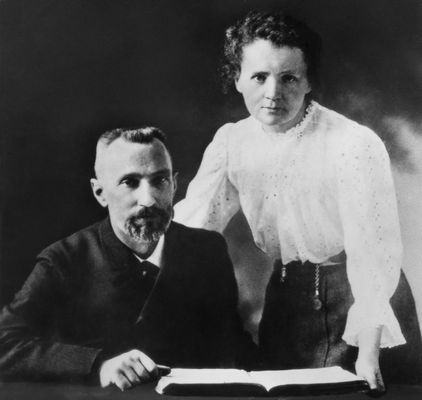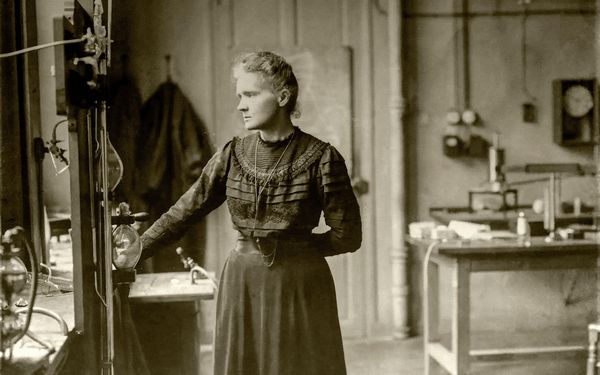Back



{Source: Gale, part of Cengage Group}
Marie Curie was a central figure, along with her husband Pierre Curie. Other notable scientists of the era, like Henri Becquerel, also contributed to the field of radioactivity. This occurred primarily between the 1890s and 1930s in Europe, with significant events taking place in Paris, where Curie did most of her research. The concept of radioactivity emerged as a revolutionary scientific discovery, reshaping the understanding of atomic physics and
leading to practical applications in medicine and energy. The period also saw the rise of broader social movements, including the push for women's rights, which made Curie's achievements even more
remarkable.

{Source: Gale, part of Cengage Group}